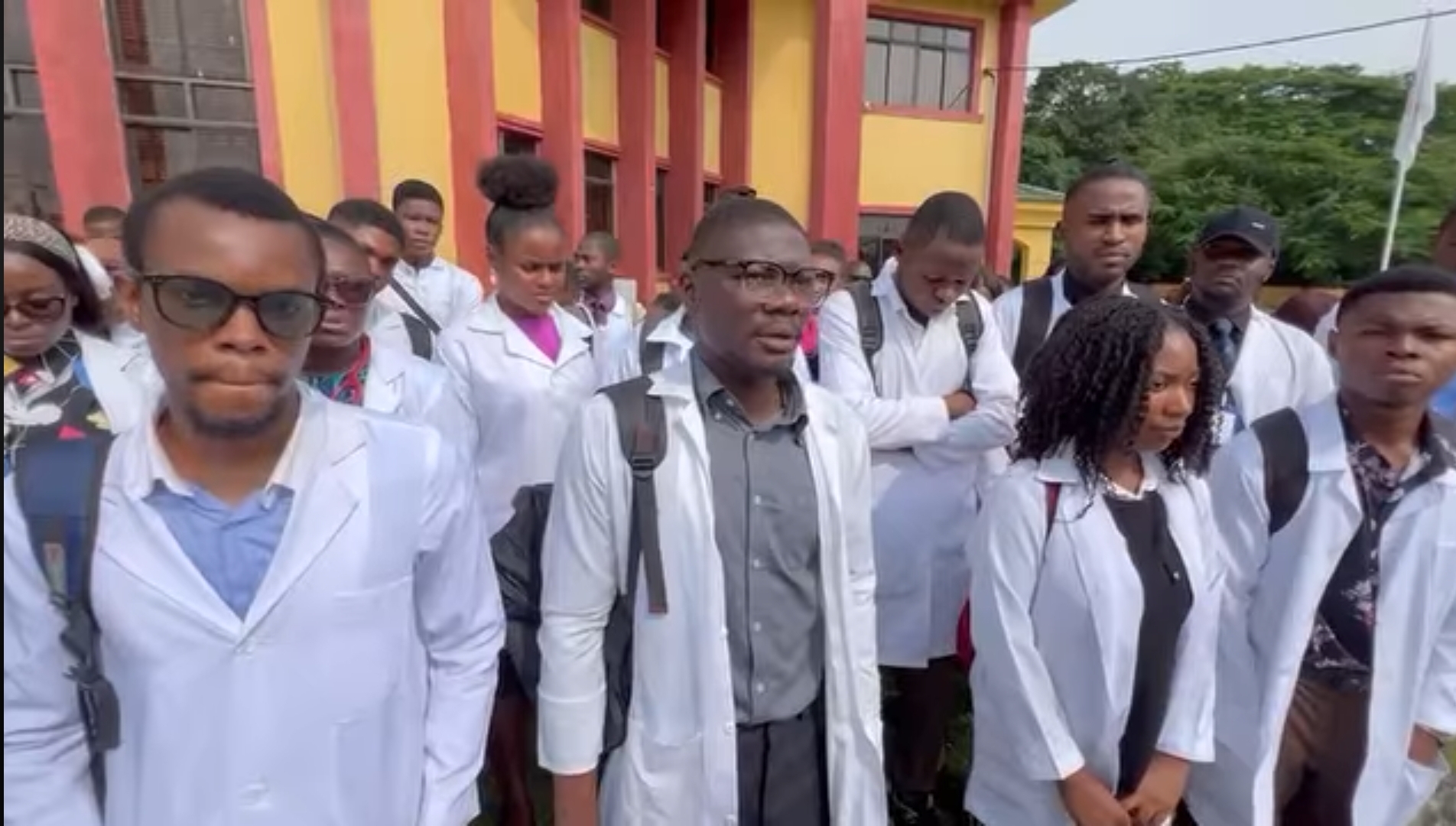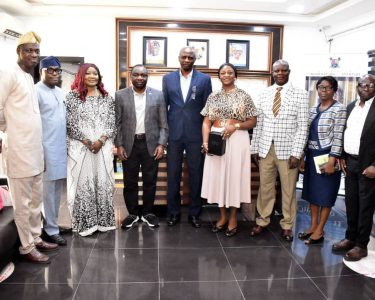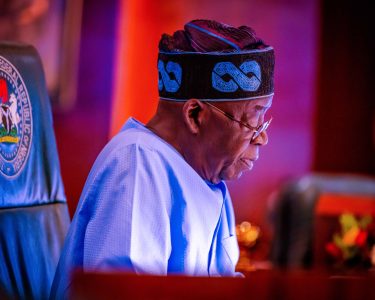UNICAL Dentistry Crisis
Over 300 students risk expulsion over admission quota breach
Summary
- University of Calabar admitted far more dentistry students than approved by the Medical and Dental Council of Nigeria (MDCN)
- Over 300 students, some in final year, now face expulsion, forced transfers, or uncertain futures
- Students allege mismanagement, financial exploitation, and emotional trauma
- Students, unions, and civil society demand urgent federal intervention to avert educational injustice
Calabar, Nigeria — The University of Calabar (UNICAL) is under intense scrutiny following revelations that it admitted hundreds more dentistry students than permitted by regulatory authorities, placing the academic futures of over 300 students in jeopardy.
The crisis stems from the university’s consistent breach of the Medical and Dental Council of Nigeria’s (MDCN) quota, which caps intake at 10 to 40 students annually for the Faculty of Dentistry and Dental Surgery.
According to various reports, the university admitted up to 60–90 students per academic session, with estimates of total over-enrolment running as high as 900 students across several years. This massive over-admission has raised red flags about administrative malpractice, accreditation integrity, and the state of Nigeria’s public higher education system.
Shattered dreams: Impact on students
Among those affected are students ranging from 200 to 600 levels, including final-year candidates who have spent up to eight years pursuing their degrees.
On July 10, 2025, they were summoned to a meeting with Vice Chancellor Prof. Florence Obi and informed that their programme could no longer continue in its current form due to regulatory constraints. Some were asked to consider transferring to other institutions or seeking alternative career paths.
Students have expressed outrage and anguish over the situation, citing enormous personal sacrifices, both emotional and financial. Many claim to have invested millions of naira in tuition, accommodation, and equipment like dental tools costing over ₦150,000. For them, the prospect of expulsion or transfer is not just an academic setback but a collapse of their future.
Accreditation confusion: A matter of interpretation
While several reports suggested that the dentistry programme had lost accreditation, Vice Chancellor Prof. Obi insists the programme remains accredited. She clarified that the problem is not accreditation withdrawal but rather over-admission beyond the MDCN’s approved capacity.
However, conflicting accounts persist. Some students allege the MDCN withdrew the programme’s license, rendering them ineligible for housemanship or professional registration, effectively nullifying their qualifications.
The Dentistry programme began in 2013/2014 and only gained full clinical accreditation in December 2022. The next review is due in 2027, but the current crisis has cast doubt on the future of both the programme and its enrollees.
Institutional responses: Mixed signals and mounting tension
The Nigerian Association of Dental Students (NADS) has condemned the university’s actions as “inhuman” and called for immediate intervention by relevant regulatory bodies and government ministries.
The UNICAL Students’ Union Government (SUG) also held an emergency session, proposing five strategic demands, including absorbing some of the affected students into the university’s MBBS (Medicine and Surgery) programme and maintaining at least 20 students in the Dentistry track.
However, the Vice Chancellor has ruled out MBBS absorption due to the department’s full capacity. She has pledged to explore transfer options to other universities offering dentistry, though many students are resistant, citing logistical, emotional, and financial barriers.
Amid rising tensions, students allege they were warned against speaking to the press or staging protests, with threats of disciplinary action, fueling accusations of a high-handed administrative response.
A peaceful protest was held on July 14 at the VC’s office, with placards demanding justice and accountability.
Allegations of mismanagement and financial exploitation
The situation has triggered widespread criticism of UNICAL’s leadership, particularly the Provost of the College of Medical Sciences, Prof. Ngim I. Ngim. He allegedly told affected students to “go learn a trade,” a comment described by many as cruel and dismissive.
Students and observers suggest the university’s over-admission was motivated by revenue generation rather than academic planning, spotlighting deeper rot in the governance of Nigerian public universities.
Reports also claim similar over-admission practices have occurred in other departments, including engineering and pharmacy, raising broader questions about institutional culture and oversight.
Growing public outcry and national implications
Social media platforms, especially X, have been flooded with angry and emotional responses. Many describe the episode as a “national disgrace” and “betrayal of trust,” with hashtags calling for justice, reforms, and federal intervention.
Education stakeholders and civil society groups have joined the call for reforms, urging the Federal Ministry of Education, MDCN, and other bodies to prevent such administrative failures from recurring across the country.
What lies ahead?
As of July 15, 2025, the fate of over 300 dentistry students at UNICAL remains uncertain. While the VC has promised to resolve the crisis before her tenure ends, many affected students continue to face psychological distress and an unclear academic future.
The MDCN has not issued a final position on the matter, and attempts to reach the university’s top management for clarity have reportedly been unsuccessful. The exact number of affected students also remains unclear, with estimates varying widely.
The UNICAL dentistry crisis is not just a tale of administrative negligence but a heartbreaking reflection of systemic failure in Nigeria’s educational system.
As protests grow and legal, academic, and civil society interventions mount, what remains at stake is more than just student degrees—it’s the public’s confidence in the fairness, competence, and accountability of institutions tasked with shaping the nation’s future professionals.







